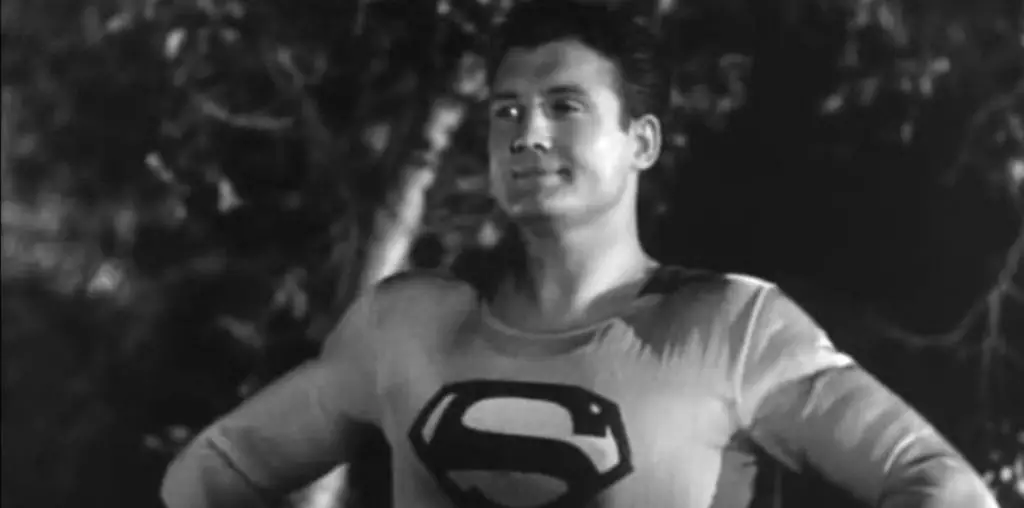
Never Steady, Never Still is what older generations would call a three-hankie or maybe quintuple-hankie movie. For the small family at the center of this domestic drama, the sources of suffering are endless. Judy (Shirley Henderson) has battled Parkinson’s disease for years; her son Jamie (Théodore Pellerin) is an aloof teenager struggling with pressures to be “manly” and independent. A death in the family, financial instability, the vicious British Columbia weather, and plain loneliness mix with these troubles into a cocktail of misery for the both of them. You realize early on that there won’t be easy resolutions to any of this, and Never Steady, Never Still doesn’t make you eager for the plot to resolve in a certain way. Rather, waves of catharsis come and go like the brutal winters that dominate the shores of Stuart Lake.
Cinematographer Norm Li’s delicate lensing of those shores, along with Ben Fox’s haunting ambient score, make for an entrancing naturalism. Really though, as is the case for most films in this emotional register, we’re here for the acting, and Hepburn makes the wise choice to get out of the way of her cast. Shirley Henderson seamlessly commits to her physical transformation into a person with late-stage Parkinson’s, but the real strength of her performance comes from her subtle embodiment of Judy’s grief and determination. In scenes where she plays cards or drives herself to the grocery store, we don’t just see her hands shake and hear her voice quiver, we see Judy’s old habits and sense of self-battle with the cage her illness has imposed on them.

“A death, financial instability, vicious weather, and plain loneliness mix with these troubles into a cocktail of misery…”
The danger of performances this intense, and our relationship to them, always comes in how their flashiness can distance us from the story being told. We might find ourselves focusing on the fact that we’re watching Daniel Day Lewis, Charlize Theron, Christian Bale, etc. doing something interesting and difficult with their bodies, and all of a sudden form eclipses function and the heart of the story is lost. That never happens during Never Steady, Never Still, due not only to Henderson’s performance but also Hepburn’s layered and sophisticated script. Hepburn apparently based much of the film on her experience with her mother’s battle with Parkinson’s, and she has spent the last few years producing short-film treatments of the material and refining the vision of the feature-length project. The long gestation period shows: every scene in Never Steady, Never Still feels focused and intentional, like someone has agonized over how to most directly and honestly express the characters’ inner states.
It wouldn’t be fair to focus so much on Henderson’s performance without also mentioning Théodore Pellerin as her son. Jamie’s storyline defies easy tropes while playing in familiar waters of alienation and unrequited love—it’s a story that I’m not sure has been told in this way before. Pellerin is perfectly cast: he bowls you over with Jamie’s longing and anger without looking like he’s doing much of anything. Never Steady, Never Still is apparently one of his first English-language projects (he came up through the French-Canadian film scene), but he’s got several Hollywood projects on the way. Best to watch this one before he becomes another movie-star face you’ve seen before.

Never Steady, Never Still (2017) Written and directed by Kathleen Hepburn. With Shirley Henderson, Théodore Pellerin, Nicholas Campbell, Mary Galloway.
10 out of 10 stars


